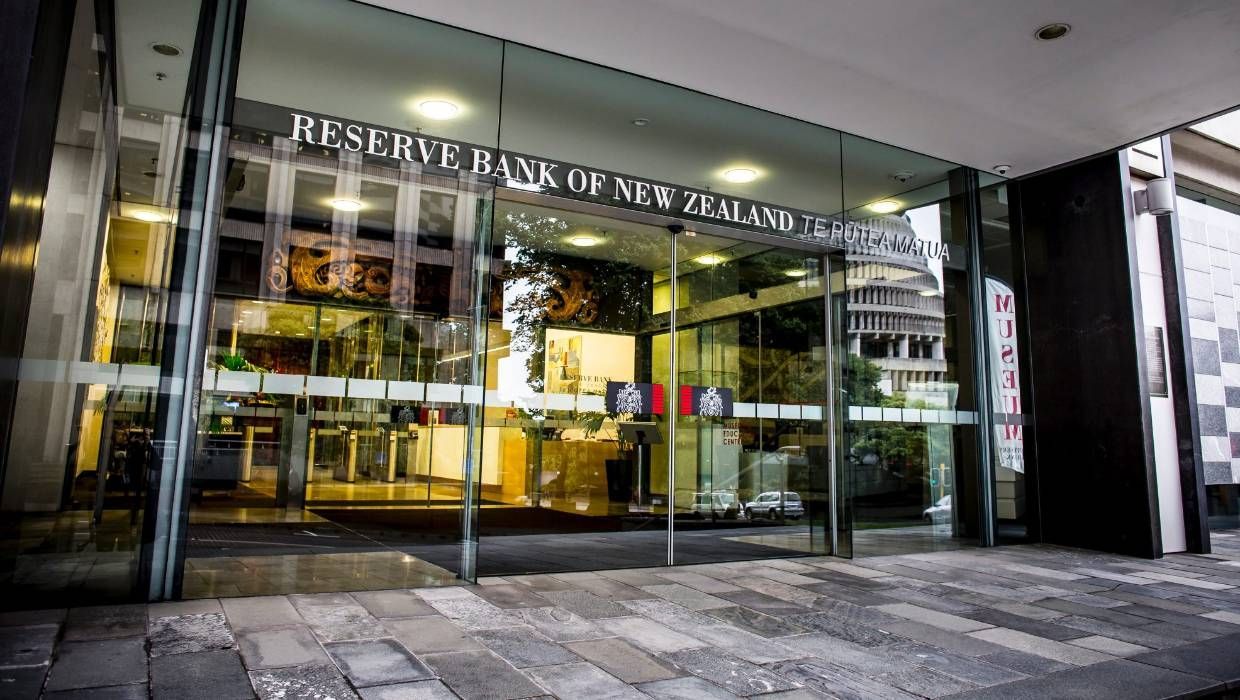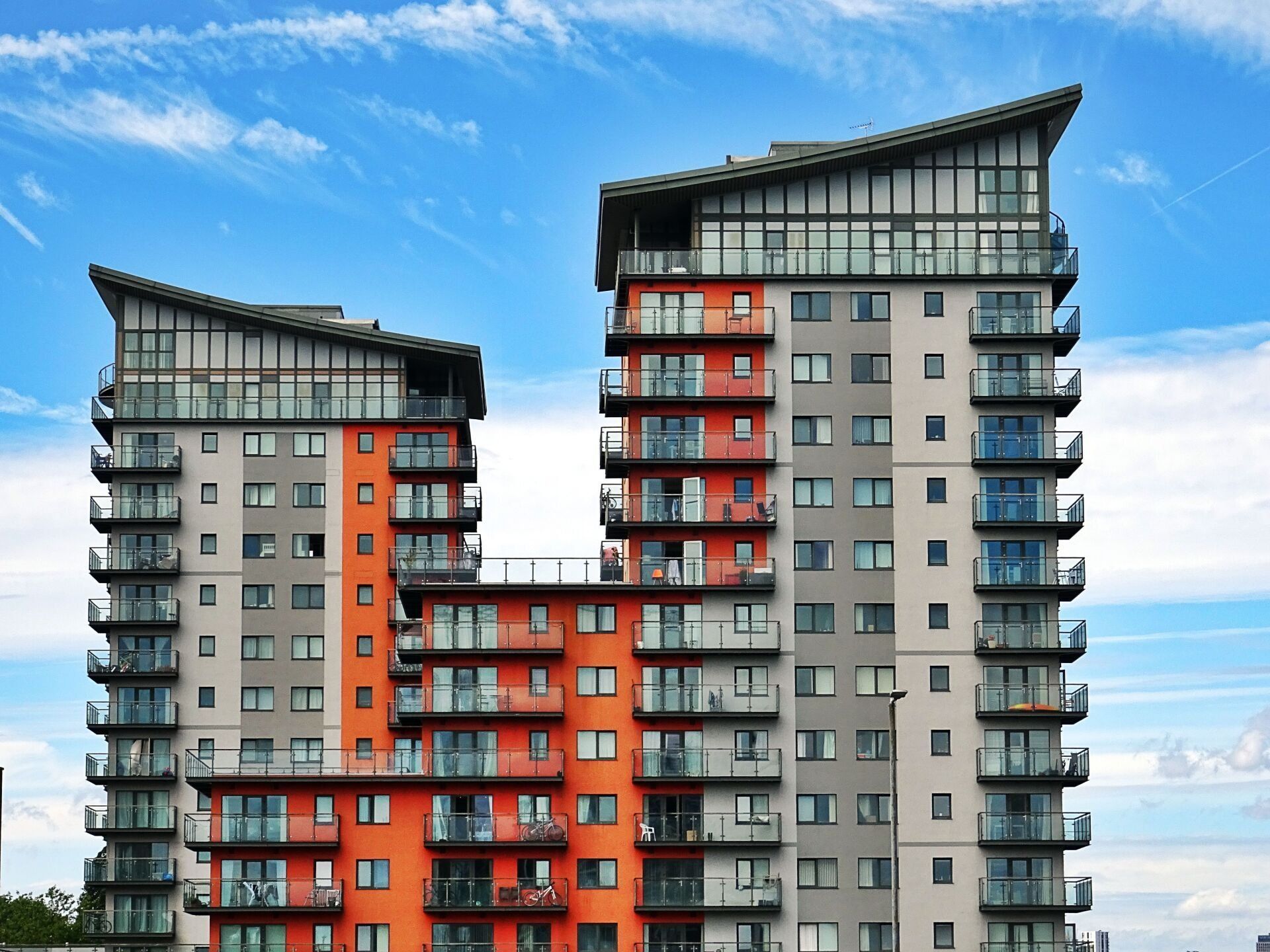How will the 2023 Election Affect House Prices?
How will the 2023 Election Affect House Prices?

Only one (2014) out of the past 7 general elections had any effect on the property market. Labour would have introduced a capital tax if elected but John Key won for National and had promised no capital gains tax.
Other bigger factors such as interest rates, LVR (loan to value ratio), and net migration figures normally have more effect than a general election. 2023 may however be another year like 2014.
If National leads a government, there will be no capital gains tax – Labour won’t say whether they will or won’t introduce it, but they have long wanted to. National will reduce the Bright Line Test from 10 years back down to 2 years and so encourage more rental property purchases.
National will re-introduce interest deductibility as an expense for landlords. There are big differences. National policies will encourage landlord investment in rental properties, meaning more rentals available, leading to lower rents.
Combined they will help reduce inflation. On the other hand, Labour policy of borrowing, tax, and spending will not only drive up the cost of living but incentivize the productive workforce of New Zealand to seek better futures overseas.
Teachers, Nurses, Doctors, Police, in fact almost all professionals and trades have better pay and conditions beckoning overseas. The gaps have widened over the past 6 years.
Unless there is a significant change to quote David Seymour New Zealand is in danger of becoming a big Fiji. As the election draws closer there will likely be little effect on first-home buyers or owner-occupiers.
Sizing up or down for example. Investor buyers may however wait and see who wins and whether it is worth becoming a landlord at all.
If capital gains tax is introduced and the mortgage is not treated as an expense for tax purposes. October 2023 general election may define New Zealand for a generation.






















